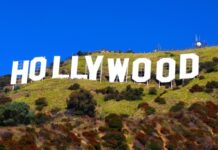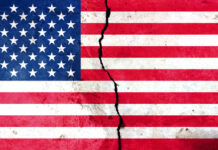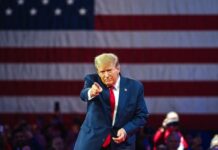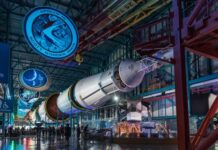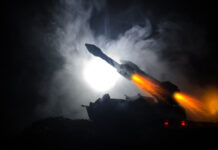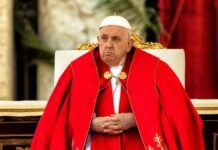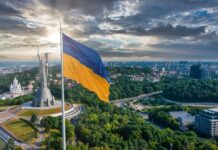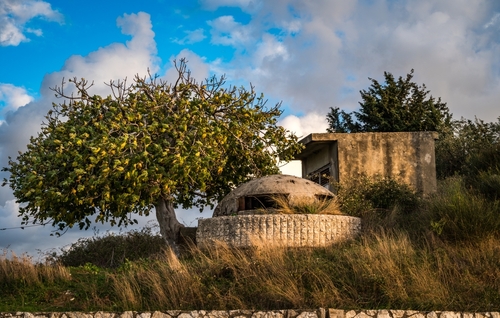
In a world fraught with geopolitical tensions, climate catastrophes, and societal unrest, the global elite are taking unprecedented steps to ensure their safety and continuity. The construction of luxury bunkers and the acquisition of secluded properties in nations like New Zealand have become the new norm among the world’s billionaires, signaling a trend that speaks volumes about the state of our times.
The recent surge in doomsday prepping is no longer confined to the fringes of society. Ordinary Americans have reportedly spent billions on survival items, but it is the world’s wealthiest who are leading the charge with investments in elaborate underground compounds, private islands, and fortified retreats. This phenomenon raises questions about the responsibilities of the ultra-rich and the implications for national security and social equality.
Billionaire Bunkers and Copper pipes?
Copper is one of the most effective materials used in RF shields. While copper can be relatively expensive, it provides highly effective conduction, absorption and attenuation of incoming RF signals. pic.twitter.com/FVm2e7IT49
— Project TABS (@ProjectTabs) January 14, 2024
Mark Zuckerberg, the tech mogul behind Facebook, has invested heavily in his own slice of security, constructing a $100 million fortress beneath his Hawaiian island ranch. This compound, designed to be self-sufficient with its own energy and food supplies, is just one example of how the rich are sparing no expense to create sanctuaries against potential global threats.
The allure of New Zealand as a prime location for these billionaire boltholes is undeniable. Its scenic beauty and remote setting make it an ideal spot for those seeking refuge from the world’s troubles. Peter Thiel, co-founder of PayPal, and other Silicon Valley giants have shown interest in this Pacific haven, though not without facing challenges from local authorities concerned about the impact on the landscape.
America Government Nuclear Bunker.
Fascinating if true.
Not a coincidence all the parasite Billionaires have been constructing their own bunkers these last two years – what do they know? pic.twitter.com/G9qagU90wB
— Concerned Citizen (@BGatesIsaPyscho) January 14, 2024
The trend extends beyond American shores, with companies worldwide catering to the demand for high-security luxury bunkers. From converted missile silos in the United States to ‘ultra-luxury’ bunkers in Europe, the industry is booming. These facilities often come equipped with amenities such as swimming pools and gyms, ensuring that the elite can wait out any disaster in comfort.
The concept of ‘golden visas’ has also gained traction, allowing the wealthy to secure residency or citizenship in foreign countries through significant investment. This practice has ethical and legal implications, as it essentially allows money to override traditional immigration processes, raising concerns about fairness and the commodification of citizenship.
For families considering their own preparedness plans, the scale of billionaire prepping may seem daunting. However, the basics of survival—such as water, food, and medical supplies—remain the same regardless of one’s budget. The key is thoughtful planning and prioritization, ensuring that even those with modest means can take steps to protect themselves in uncertain times.
As the Doomsday Clock ticks closer to midnight, the actions of the world’s billionaires serve as a barometer for the anxieties of our age. While some may view these preparations as prudent, others see them as a stark reminder of the disparities between the haves and the have-nots. As society grapples with these existential threats, the debate over the role of wealth in survival will undoubtedly continue.

